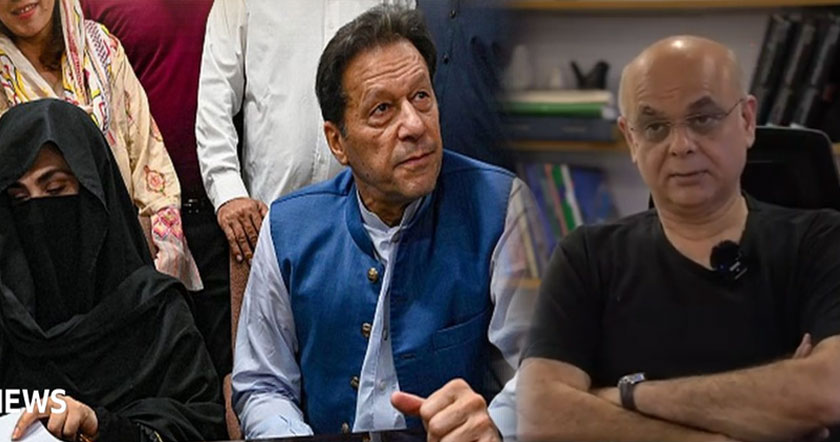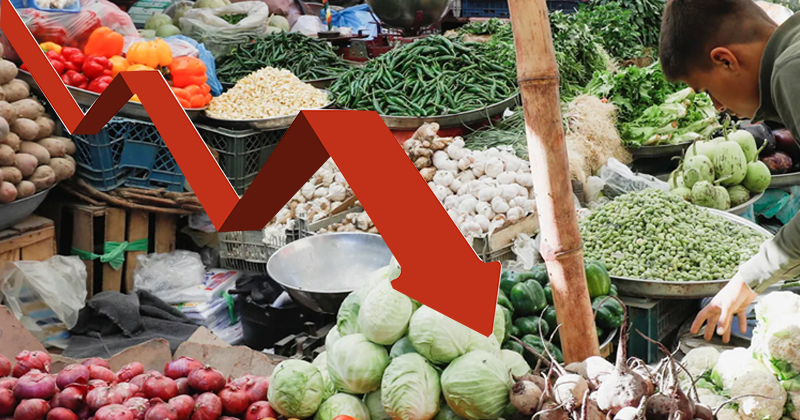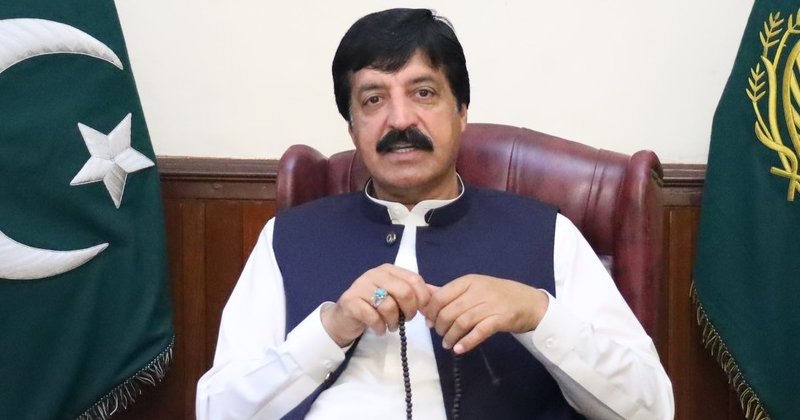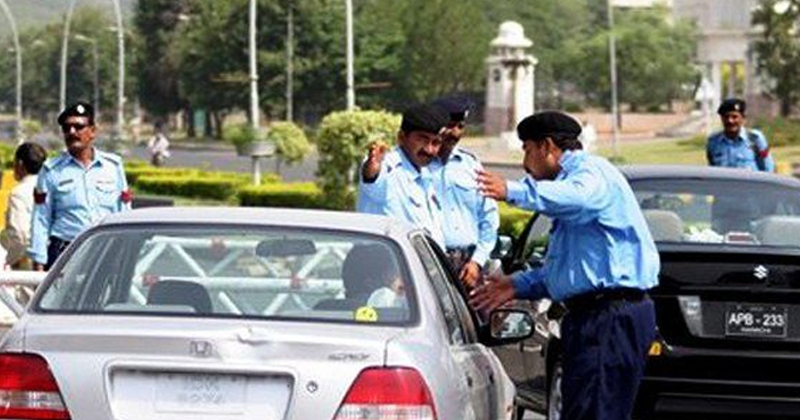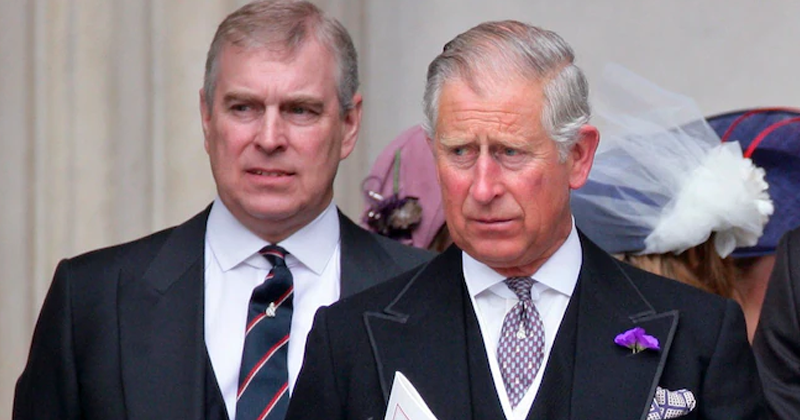By 2019, the number of democracies had fallen to 87 while that of dictatorships was back up to 92.
The question is: how can dictatorships survive at all — and even prosper — in an ultramodern world?
Fear and Spin
The classic tyrants of the twentieth century — Adolf Hitler, Josef Stalin, Mao Zedong — were larger-than-life figures responsible for the deaths of millions. They set out to build new civilizations within their tightly guarded — and sometimes expanding — borders. That meant controlling not just people’s public behavior but also their private lives. To do that, each created a disciplined party and a brutal secret police. Not every old-school dictator was a genocidal killer or the prophet of some utopian creed. But even the less bloodthirsty ones were expert at projecting fear. Terror was their all-purpose tool.
However, toward the end of the century something changed. Strongmen around the world started turning up to meetings in conservative suits instead of military uniforms. Most stopped executing their opponents in front of packed football stadiums. Many flew to the annual business conference in the Swiss resort of Davos to schmooze with the global elite. These new dictators hired pollsters and political consultants, staged citizen call-in shows, and sent their children to study at universities in the West. They did not loosen their grip over the population — far from it, they worked to design more effective instruments of control. But they did so while acting the part of democrats.
Not all autocrats have made this leap. North Korea’s Kim Jong-un and Syria’s Bashar al-Assad would fit well into a scrapbook of twentieth-century despots. In China and Saudi Arabia, rulers have digitized the old fear-based model instead of replacing it. But the global balance has shifted. Among leaders of nondemocracies today, the representative figure is no longer a totalitarian tyrant like Josef Stalin, a sadistic butcher like Idi Amin, or even a reactionary general like Augusto Pinochet. He is a suave manipulator like Hungary’s Viktor Orbán or Singapore’s Lee Hsien Loong — a ruler who pretends to be a humble servant of the people.
This new model is based on a brilliant insight. The central goal remains the same: to monopolize political power. But today’s strongmen realize that in current conditions violence is not always necessary or even helpful. Instead of terrorizing citizens, a skillful ruler can control them by reshaping their beliefs about the world. He can fool people into compliance and even enthusiastic approval. In place of harsh repression, the new dictators manipulate information. Like spin doctors in a democracy, they spin the news to engineer support. They are spin dictators.
In more developed, highly educated societies, what holds back aspiring spin dictators, is the resistance of networks of lawyers, judges, civil servants, journalists, activists, and opposition politicians. Such leaders survive for a while, lowering the tone and eroding their country’s reputation. But, so far, they have all been voted out of office to face possible corruption prosecutions. That was the outcome for Silvio Berlusconi and Donald Trump. No one can be sure this will always be the case. But if it is, the credit will go less to institutions per se than to those who defend them.
excerpt from Book Spin Dictators
The question is: how can dictatorships survive at all — and even prosper — in an ultramodern world?
Fear and Spin
The classic tyrants of the twentieth century — Adolf Hitler, Josef Stalin, Mao Zedong — were larger-than-life figures responsible for the deaths of millions. They set out to build new civilizations within their tightly guarded — and sometimes expanding — borders. That meant controlling not just people’s public behavior but also their private lives. To do that, each created a disciplined party and a brutal secret police. Not every old-school dictator was a genocidal killer or the prophet of some utopian creed. But even the less bloodthirsty ones were expert at projecting fear. Terror was their all-purpose tool.
However, toward the end of the century something changed. Strongmen around the world started turning up to meetings in conservative suits instead of military uniforms. Most stopped executing their opponents in front of packed football stadiums. Many flew to the annual business conference in the Swiss resort of Davos to schmooze with the global elite. These new dictators hired pollsters and political consultants, staged citizen call-in shows, and sent their children to study at universities in the West. They did not loosen their grip over the population — far from it, they worked to design more effective instruments of control. But they did so while acting the part of democrats.
Not all autocrats have made this leap. North Korea’s Kim Jong-un and Syria’s Bashar al-Assad would fit well into a scrapbook of twentieth-century despots. In China and Saudi Arabia, rulers have digitized the old fear-based model instead of replacing it. But the global balance has shifted. Among leaders of nondemocracies today, the representative figure is no longer a totalitarian tyrant like Josef Stalin, a sadistic butcher like Idi Amin, or even a reactionary general like Augusto Pinochet. He is a suave manipulator like Hungary’s Viktor Orbán or Singapore’s Lee Hsien Loong — a ruler who pretends to be a humble servant of the people.
This new model is based on a brilliant insight. The central goal remains the same: to monopolize political power. But today’s strongmen realize that in current conditions violence is not always necessary or even helpful. Instead of terrorizing citizens, a skillful ruler can control them by reshaping their beliefs about the world. He can fool people into compliance and even enthusiastic approval. In place of harsh repression, the new dictators manipulate information. Like spin doctors in a democracy, they spin the news to engineer support. They are spin dictators.
In more developed, highly educated societies, what holds back aspiring spin dictators, is the resistance of networks of lawyers, judges, civil servants, journalists, activists, and opposition politicians. Such leaders survive for a while, lowering the tone and eroding their country’s reputation. But, so far, they have all been voted out of office to face possible corruption prosecutions. That was the outcome for Silvio Berlusconi and Donald Trump. No one can be sure this will always be the case. But if it is, the credit will go less to institutions per se than to those who defend them.
excerpt from Book Spin Dictators













